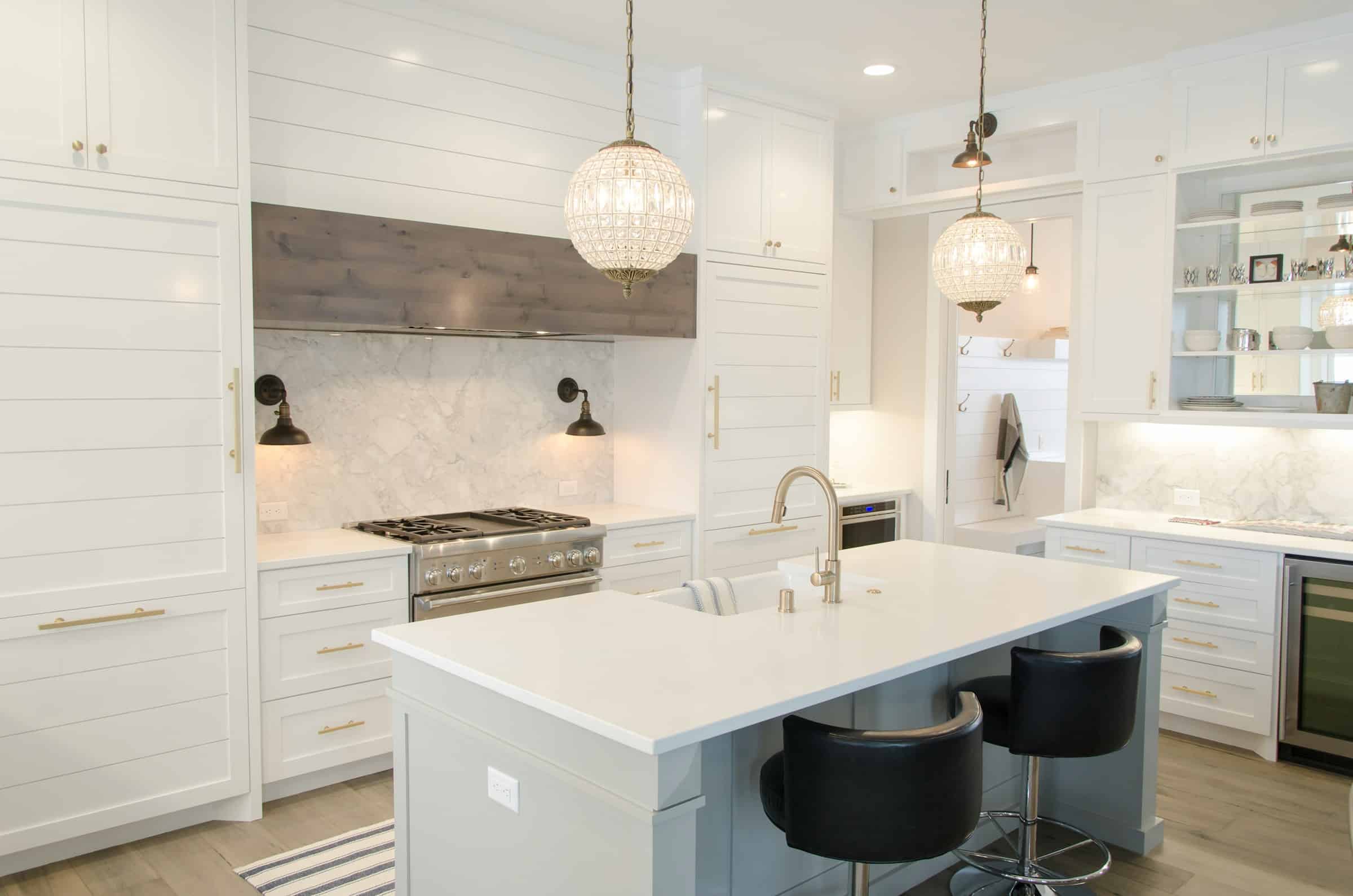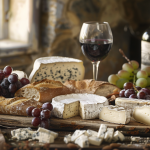Are you seeking to create your dream outdoor kitchen? The countertop you choose can make a substantial difference not only in the kitchen’s aesthetics but also in its functionality and lifespan. This article will guide you through the process of selecting the best type of countertop for your outdoor kitchen, taking into account various materials, designs, and maintenance needs.
Navigating Through the Material Choices
The choice of material for your outdoor kitchen countertop is crucial as it impacts the kitchen’s aesthetics, durability, and maintenance. There are numerous countertop materials available, including granite, quartz, marble, soapstone, concrete, and steel.
A lire aussi : How Can You Design a Workspace in a Living Room without it Dominating the Space?
Granite and quartz are among the most popular choices due to their durability and wide range of color options. Granite, a natural stone, is incredibly hard and resistant to heat and scratches. Quartz, though a man-made material, is equally resilient and offers a more uniform look, which some homeowners prefer.
Marble and soapstone are less common options. While they are stunning, they require more maintenance as they are porous materials. This means they absorb liquids more readily, which can lead to staining.
Sujet a lire : What Are the Most Effective Non-Toxic Pest Control Solutions for a Home with Pets?
For those who want a truly unique look, concrete is a fantastic choice. It’s highly customizable – from color to shape to edge design – so you can create a countertop that perfectly complements your outdoor landscape.
Lastly, steel countertops are a great option for those seeking a modern, industrial look. They are incredibly durable and resistant to heat and stains. However, they can be prone to scratches and dents.
The Importance of Design and Aesthetics
When it comes to outdoor kitchens, one of the main considerations is how the design of the countertop will complement the rest of the backyard. The right countertop can enhance your outdoor landscape, while the wrong one can detract from it.
Granite and quartz countertops lend themselves to a variety of design styles due to their wide range of color options. Whether you’re looking for a sleek, modern kitchen or a more rustic, traditional one, you can find a granite or quartz countertop to match.
Concrete countertops offer the most design flexibility, as you can customize the color, shape, and edge design. For a truly unique look, consider embedding glass or stone into the concrete.
Steel countertops, with their sleek, clean lines, are best suited for modern, minimalist designs. They can also add an industrial touch to your outdoor kitchen.
The Role of Durability in Your Decision
Regardless of design and aesthetics, the countertop material needs to withstand outdoor elements. Your outdoor kitchen will be exposed to sun, rain, wind, and snow. Consequently, the material needs to be durable and weather-resistant.
Granite is a great choice due to its high heat and scratch resistance. Quartz, although not as heat-resistant as granite, is non-porous, hence less likely to stain. However, neither material is as weather-resistant as concrete or steel.
Concrete is incredibly durable and weather-resistant. With proper sealing, it can withstand a variety of outdoor conditions. Similarly, steel is exceptionally durable and resistant to heat and stains, though it can be prone to scratches and dents.
Maintenance Considerations
Maintenance is a crucial factor to consider when selecting a countertop for your outdoor kitchen. Some materials require more maintenance than others.
Granite and marble countertops need to be sealed regularly to prevent staining and weather damage. On the other hand, quartz countertops require less maintenance as they’re non-porous and stain-resistant.
Concrete countertops also require regular sealing to protect them from the elements. Without proper maintenance, they can develop cracks.
Steel countertops, meanwhile, require the least amount of maintenance. They’re easy to clean, and unlike other materials, they don’t need to be sealed.
In conclusion, choosing the right countertop for your outdoor kitchen involves considering the material’s aesthetics, durability, and maintenance needs. Whether you opt for granite, quartz, marble, soapstone, concrete, or steel, keep in mind that each material has its benefits and drawbacks. It’s all about finding the one that best suits your design vision, lifestyle, and landscape.
Considering the Cost and Installation Process
Another essential factor to consider when choosing a countertop for your outdoor kitchen is the cost and installation process. The price of the countertop material can vary greatly depending on your selection. Granite countertops, for instance, tend to be more expensive due to their high durability and natural beauty. On the other hand, concrete countertops, while also durable, are usually less expensive due to the lower cost of materials.
The installation process also varies per material. Natural stone options like granite or marble require professional installation due to their heaviness and the complexity of the installation process. In contrast, concrete countertops can often be installed as a do-it-yourself project, which can save you on labor costs.
Stainless steel countertops, while being a low-maintenance option, can also be more expensive initially. However, considering their longevity and the minimal upkeep they require, they can be a cost-effective option in the long run.
Weighing the Environmental Impact
In today’s eco-conscious world, many homeowners are considering the environmental impact of their choices. It’s no different when it comes to selecting a countertop for your outdoor kitchen. Some countertop materials are more environmentally friendly than others.
For instance, sintered stone is a popular choice among environmentally conscious homeowners. It’s made from 100% natural minerals and doesn’t emit harmful substances. Furthermore, it’s highly durable and resistant to scratches, stains, and UV rays, making it an excellent option for outdoor countertops.
On the other hand, concrete countertops have a lower carbon footprint compared to natural stone options. They are manufactured locally from readily available materials, reducing transportation-related emissions. Additionally, old concrete countertops can be recycled into new ones, reducing waste.
Conclusion
To sum it up, selecting the ideal countertop for your outdoor kitchen requires careful consideration. It’s not just about choosing the most appealing material. You need to evaluate the durability, cost, maintenance needs, installation process, and environmental impact. Whether you choose granite, quartz, marble, soapstone, concrete, sintered stone, or stainless steel, you’re bound to find a countertop solution that fits your outdoor living requirements and complements your landscape’s aesthetics. Always remember, a well-chosen countertop can significantly enhance your outdoor kitchen experience, making every barbeque session, family dinner, or fire pit gathering even more enjoyable.






